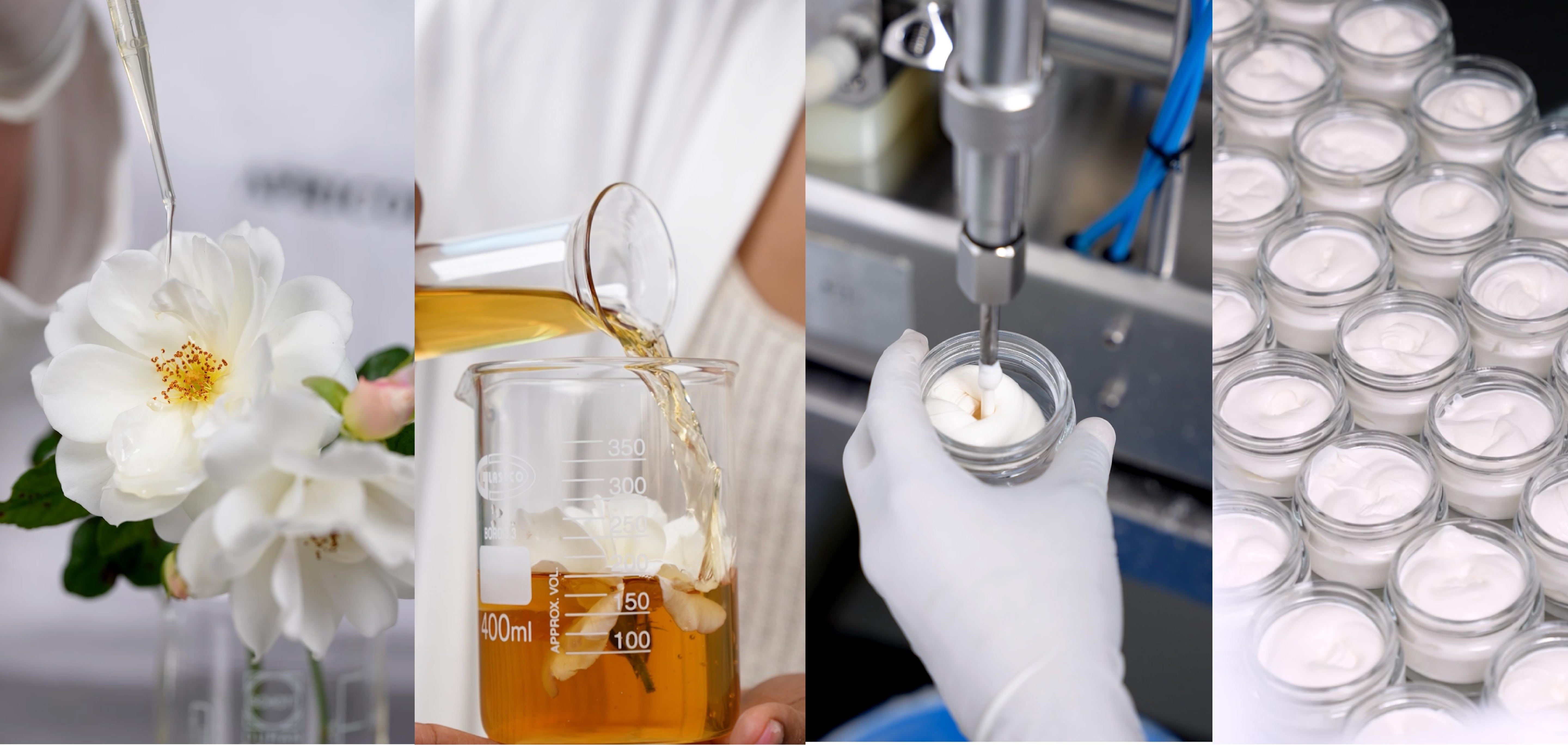All products are manufactured in accordance to ISO 22716:2007 and in line with international GMP (Good Manufacturing Standards) ensuring that each process in the production of Africology products adhere to the highest quality assurance.
Many of our oils and plant extracts are delicate, and we take care to ensure that they are not damaged by excess heat or over-processing. We can maintain the integrity of every ingredient to ensure the very best results.
Our Ingredients
Ethical and cruelty-free - there is no sense in harming others for self-gain.
We love Nature and its ability to provide plants that heal. We are strongly against animal testing and have never tested any of our products on animals. We choose to test on human skin in our dermatological testing protocol, and strive to only use ingredients that do not need to be tested on animals.
Using the finest natural and organic ingredients, we work on our formulations to ensure that they never contain harsh chemicals. Our intention is to treat all skin as sensitive and precious.
Because our skincare products are packed with biologically-active ingredients, we know that our products nurture and nourish the skin, maintaining a healthy, natural balance.
We value the activity of the endocrine system, and know that what we put on our skin can either support or break down this vital biological system.
We avoid all estrogen-mimicking chemicals and plastics that might otherwise harm your endocrine system. We believe that sustainability is a key part of skin management, which is why we choose ingredients that are aligned with your health and functionality for the long term.
We would love for Africology to be an integral part of your daily skin/wellness routine, knowing that it can support your wellbeing instead of acting as a quick fix.
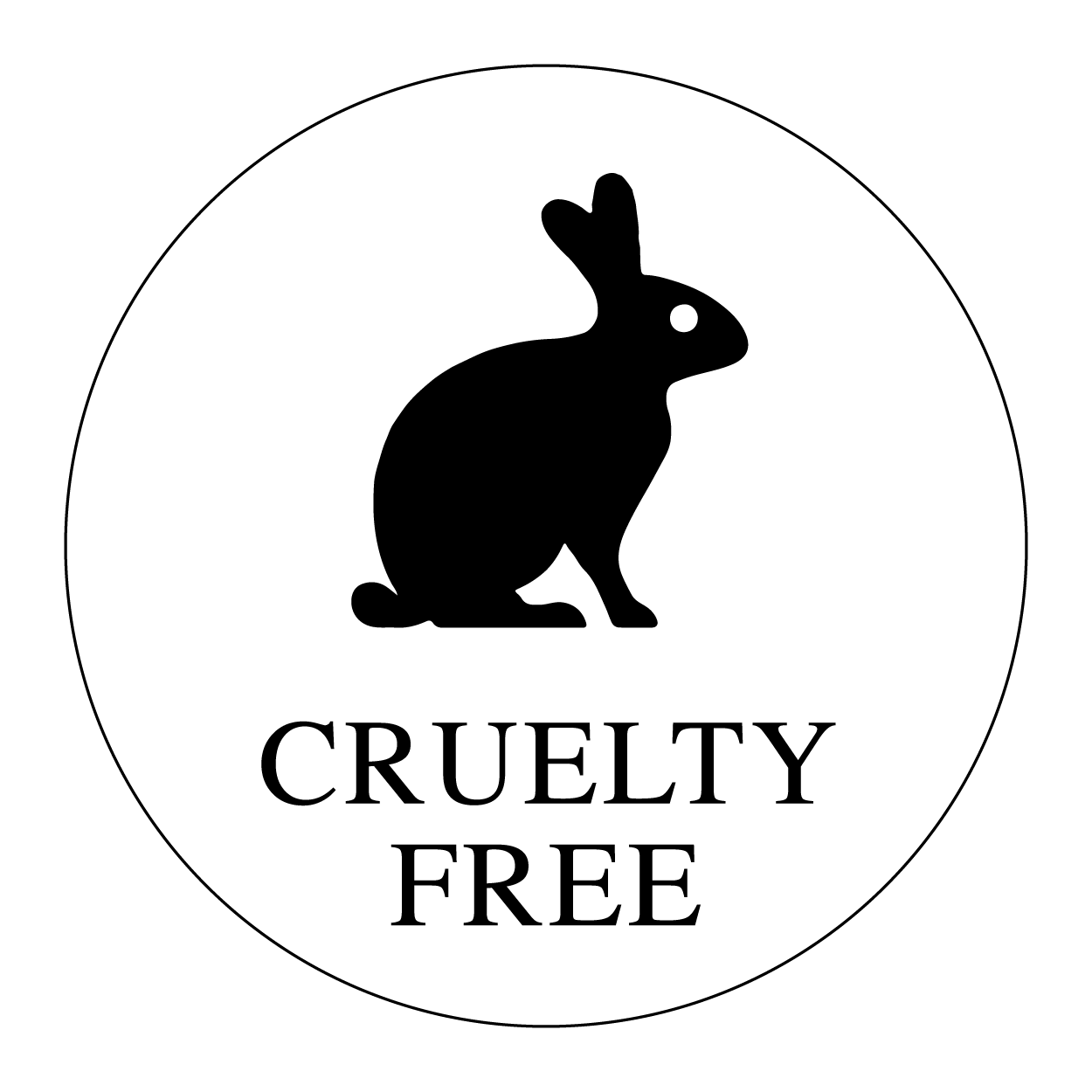
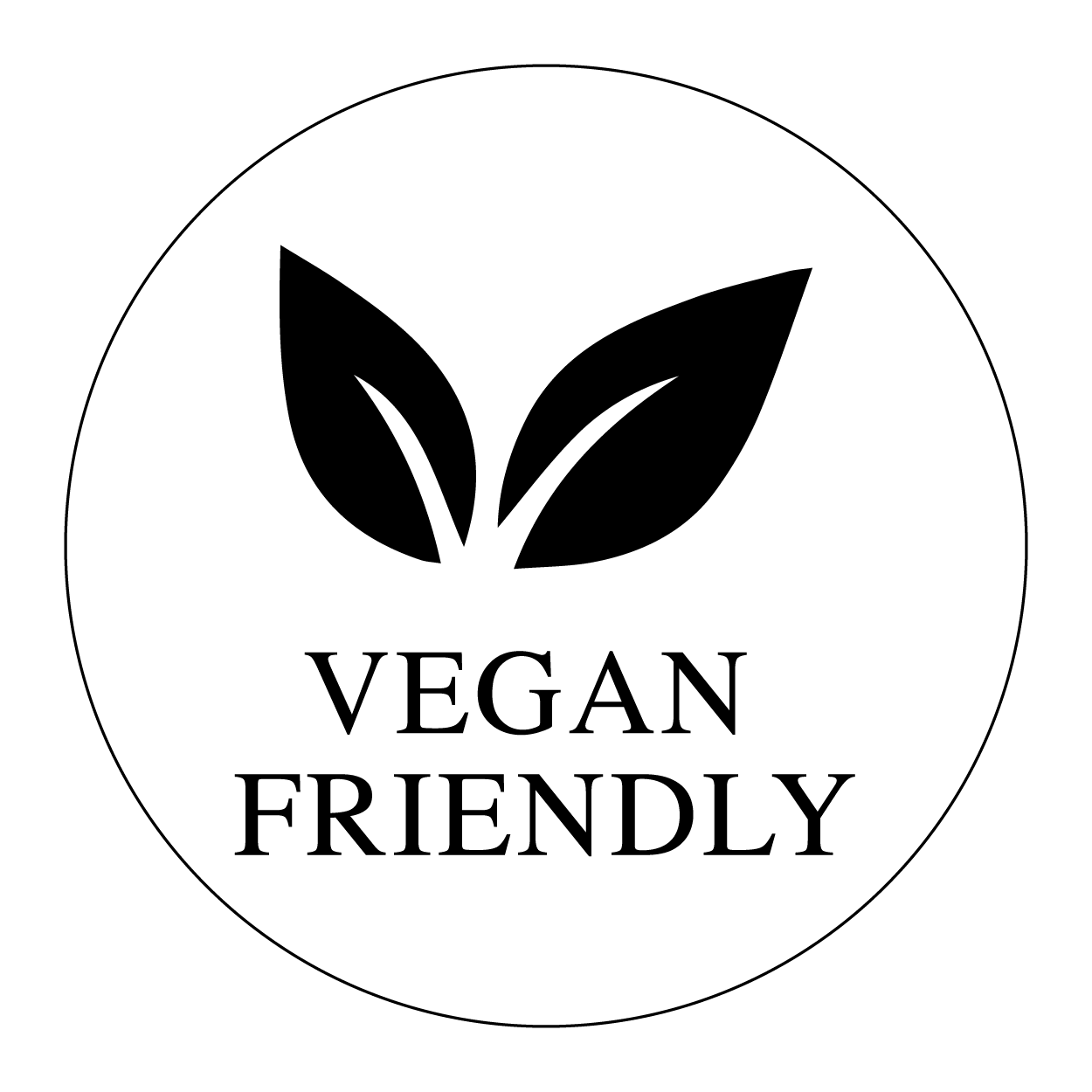
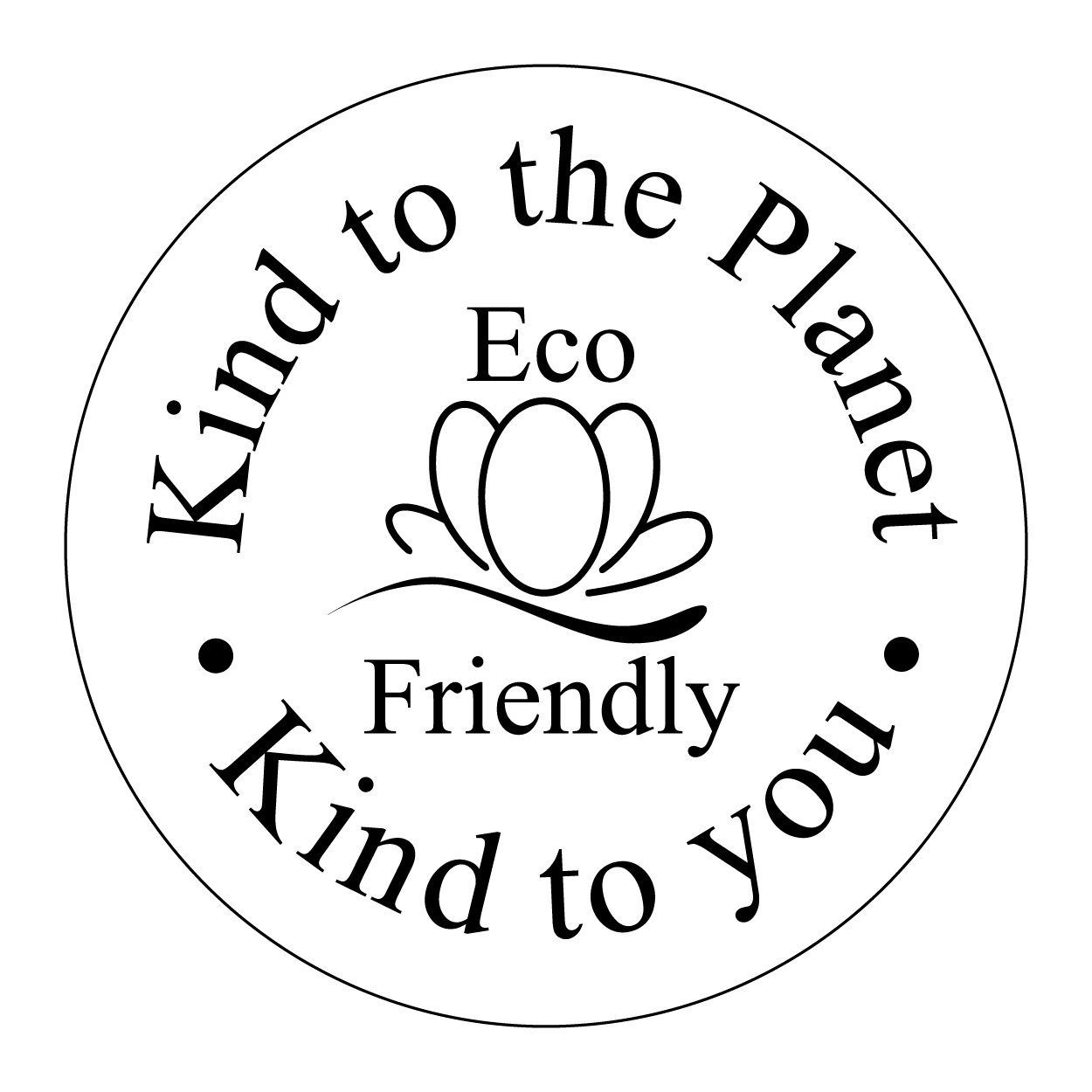
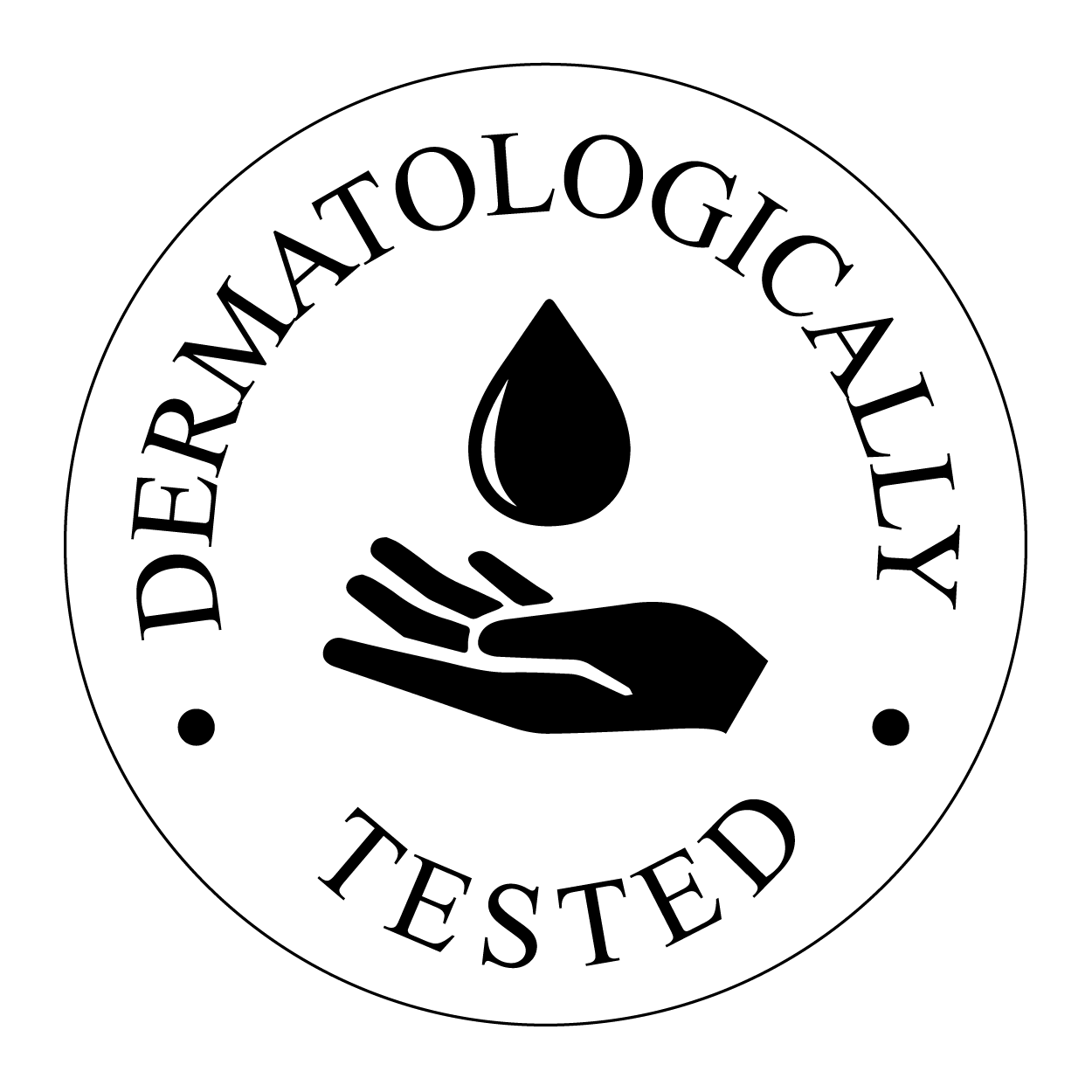
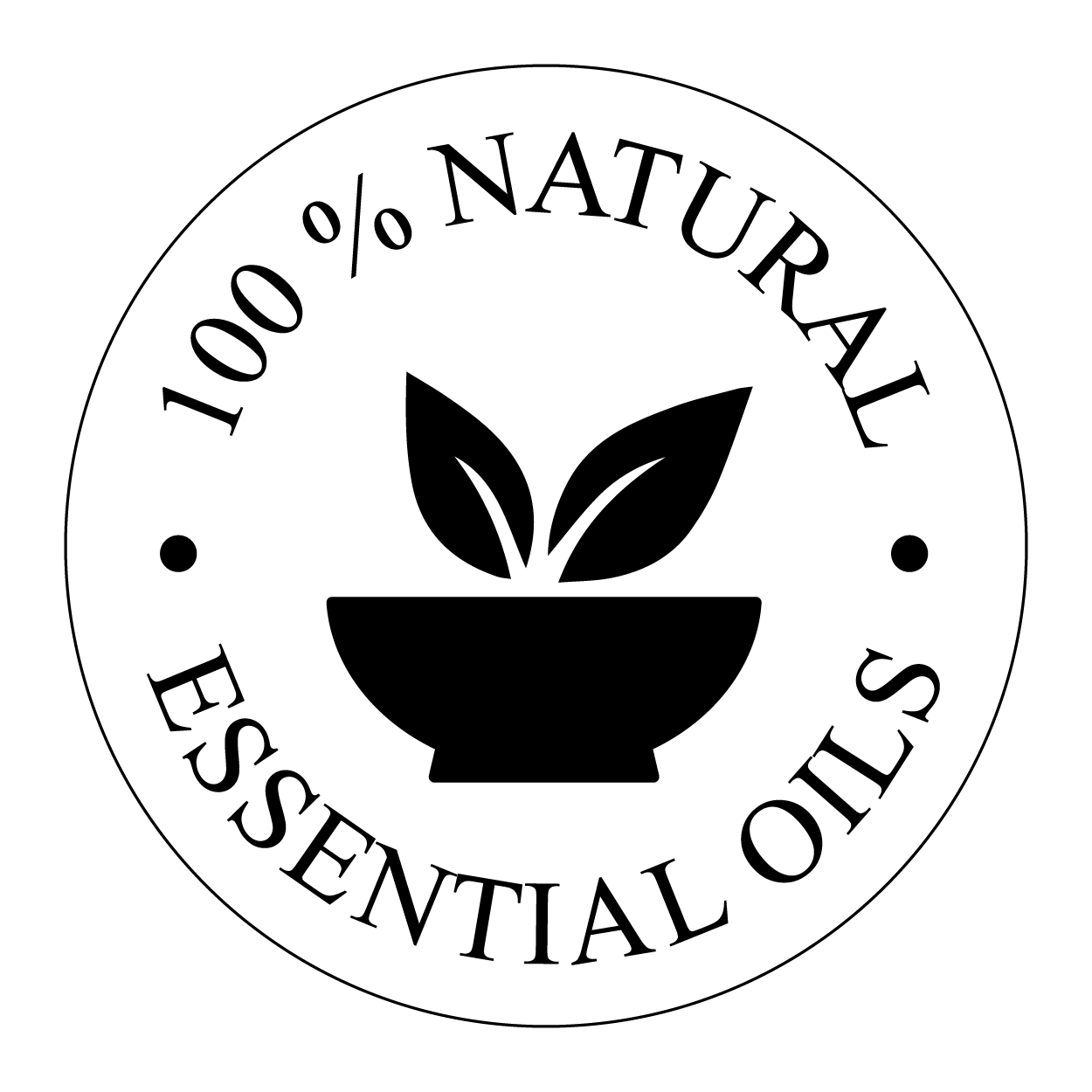
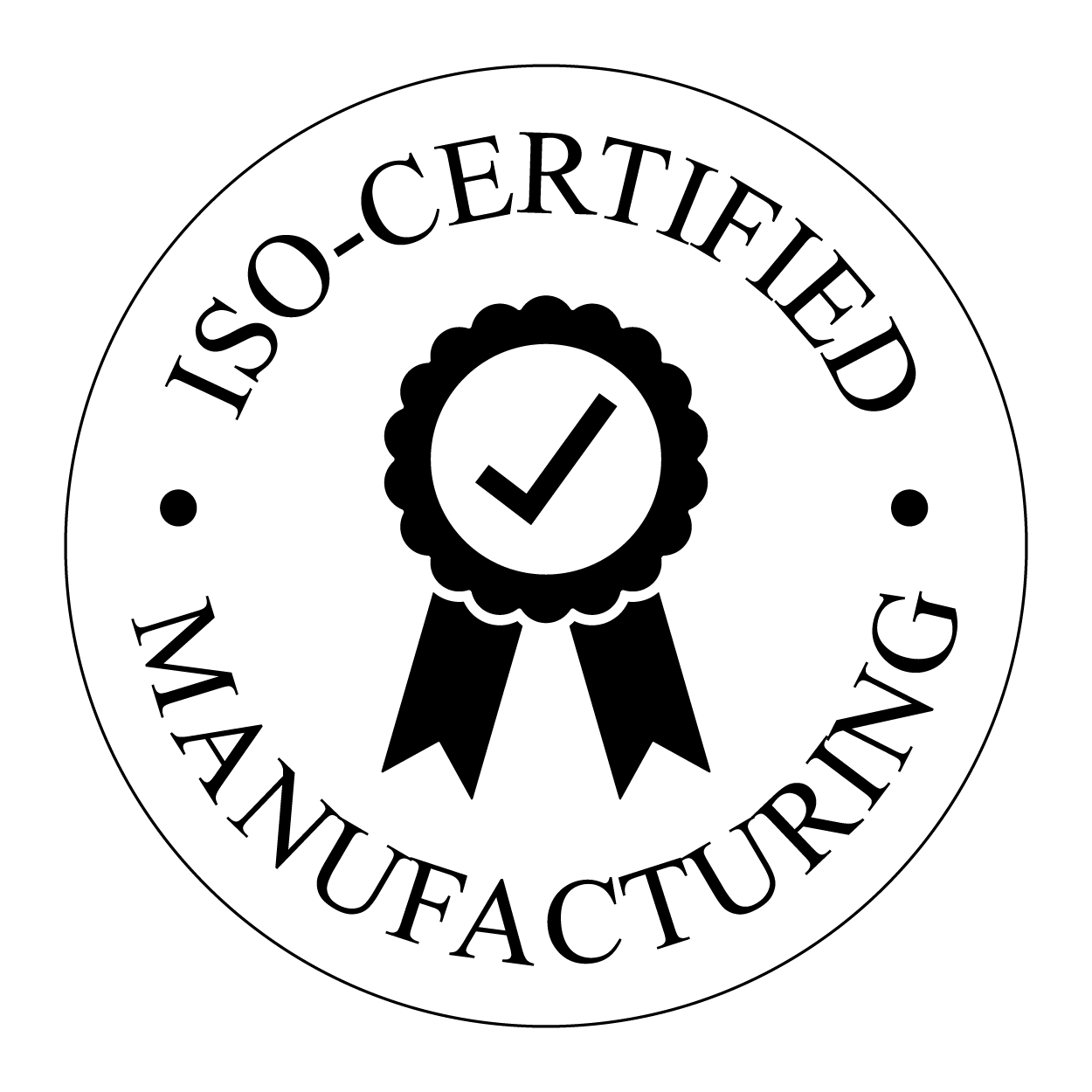

Chemical No-No's
| Ingredient | Why We Avoid It | Commonly Found In |
|---|---|---|
| Parabens | Linked to hormone disruption and potential links to cancer. | Preservatives in skincare and cosmetics. |
| Phthalates | Hormone disruptors associated with reproductive and developmental issues. | Synthetic fragrances, plastics, and nail polish. |
| Benzoyl Peroxide | May promote tumour growth and irritate the skin. | Acne treatments. |
| Triclosan | Hormone and thyroid disruptor that can contribute to antibiotic-resistant bacteria. | Antibacterial soaps and toothpaste. |
| Resorcinol | Disrupts healthy thyroid function. | Hair dyes and acne treatments. |
| Hydroquinone | Alters natural skin pigment, weakens collagen, and may cause dermatitis. | Skin lightening creams. |
| Petroleum Derivatives | Can contain 1,4-Dioxane, a probable carcinogen. | Mineral oil, paraffin, petrolatum in creams and balms. |
| Methylisothiazolinone (MIT) | Neurotoxic; linked to brain cell damage in studies. | Shampoos, conditioners, and baby wipes. |
| Oxybenzone | Hormone disruptor associated with low birth weights. | Sunscreens and lotions. |
| Artificial Dyes & Colours | May contain heavy metals and are potentially carcinogenic. | Makeup and hair products. |
| Sodium Laureth Sulphate (SLES) | Causes irritation and forms carcinogenic by-products when combined with other chemicals. | Foaming cleansers and shampoos. |
| DEA / MEA / TEA | Hormone disruptors that can form carcinogenic compounds. | Soaps and creams. |
| Isopropyl Alcohol (SD-40) | Strips natural oils, irritates skin, and accelerates ageing. | Toners and hand sanitisers. |
| Propylene Glycol | Increases skin sensitivity and dryness. | Moisturisers and serums. |
| DMDM Hydantoin / Imidazolidinyl Urea | Can release formaldehyde, causing allergic and immune reactions. | Preservatives in lotions and shampoos. |
| EDTA & Disodium EDTA | Accelerates cellular damage and premature ageing. | Skincare stabilisers. |
| Phenoxyethanol | Linked to allergies and irritation; often replaces parabens. | Baby and "paraben-free" ranges. |
| Ammonium Sulphate | Environmentally toxic and harsh on the skin. | Hair products and cleansers. |

